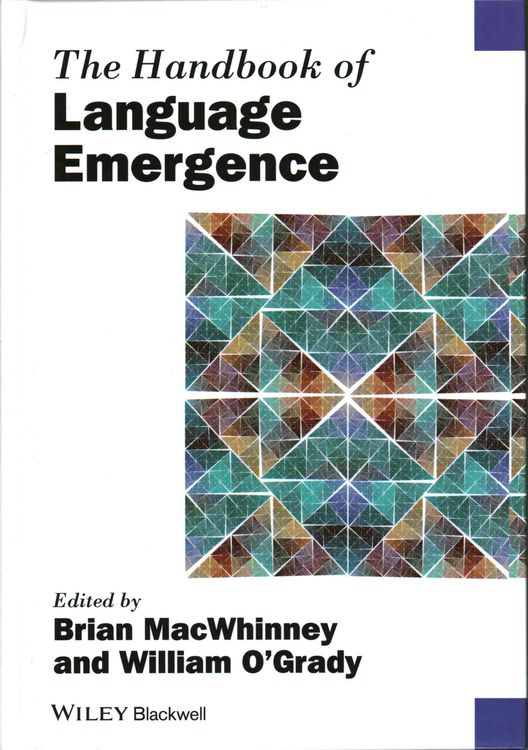
The Handbook of Language Emergence
-
- Hardcover ausgewählt
- Taschenbuch
- eBook
-
Sprache:Englisch
249,99 €
inkl. MwSt,
Lieferung nach Hause
Beschreibung
Details
Einband
Gebundene Ausgabe
Erscheinungsdatum
16.03.2015
Herausgeber
Brian MacWhinney + weitereVerlag
John Wiley & SonsSeitenzahl
656
Maße (L/B/H)
24,4/17,3/3,6 cm
Gewicht
1089 g
Auflage
1. Auflage
Sprache
Englisch
ISBN
978-1-118-30175-3
* Brings together an international team of contributors, including the most prominent advocates of linguistic emergentism
* Focuses on the ways in which the learning, processing, and structure of language emerge from a competing set of cognitive, communicative, and biological constraints
* Examines forces on widely divergent timescales, from instantaneous neurolinguistic processing to historical changes and language evolution
* Addresses key theoretical, empirical, and methodological issues, making this handbook the most rigorous examination of emergentist linguistic theory ever
Weitere Bände von Blackwell Handbooks in Linguistics
-
The Handbook of Language Emergence von Brian Macwhinney
 Band 1
Band 1Brian Macwhinney
The Handbook of Language EmergenceBuch
249,99 €
-
The Handbook of Clinical Linguistics von Martin J. (Prifysgol Bangor University, Wale Ball
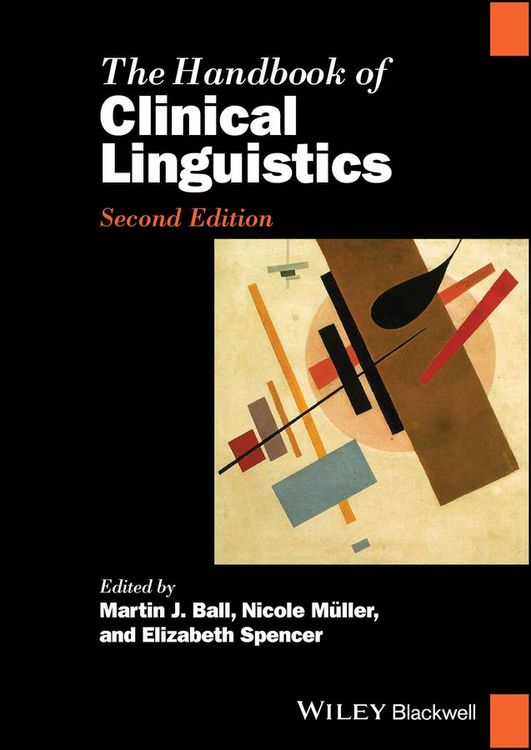 Band 24
Band 24Martin J. (Prifysgol Bangor University, Wale Ball
The Handbook of Clinical LinguisticsBuch
226,99 €
-
The Handbook of Language Emergence von Brian (Carnegie Mellon University, USA Macwhinney
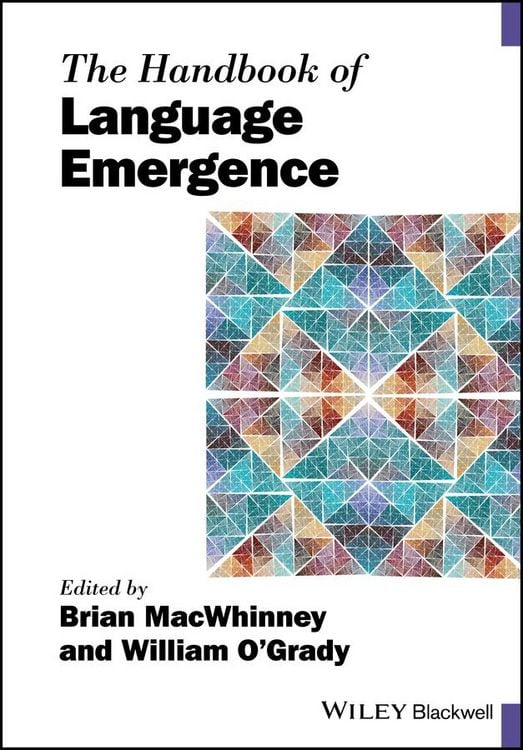 Band 1
Band 1Brian (Carnegie Mellon University, USA Macwhinney
The Handbook of Language EmergenceBuch
69,99 €
-
The Handbook of Clinical Linguistics von Martin J. Perkins, Michael R. Muller, Nicole Ball
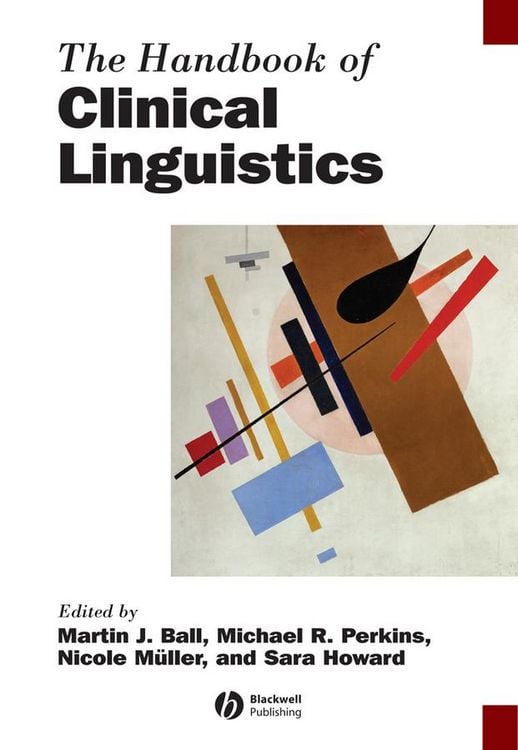 Band 24
Band 24Martin J. Perkins, Michael R. Muller, Nicole Ball
The Handbook of Clinical LinguisticsBuch
68,99 €
-
The Handbook of English Linguistics von Bas (University College London) Mcmahon, Ap Aarts
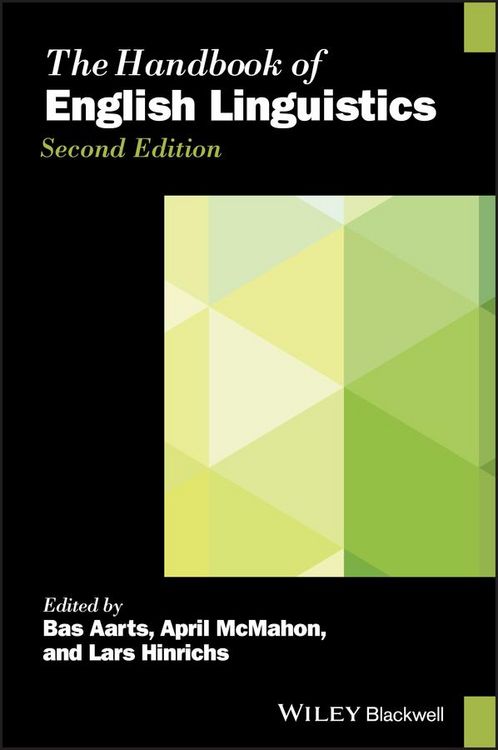
Bas (University College London) Mcmahon, Ap Aarts
The Handbook of English LinguisticsBuch
208,99 €
-
The Handbook of English for Specific Purposes von Sue (University of New South Wales, Aus Starfield

Sue (University of New South Wales, Aus Starfield
The Handbook of English for Specific PurposesBuch
216,99 €
-
The Handbook of Dialectology von Charles (Mcgill University in Montreal, Ca Boberg
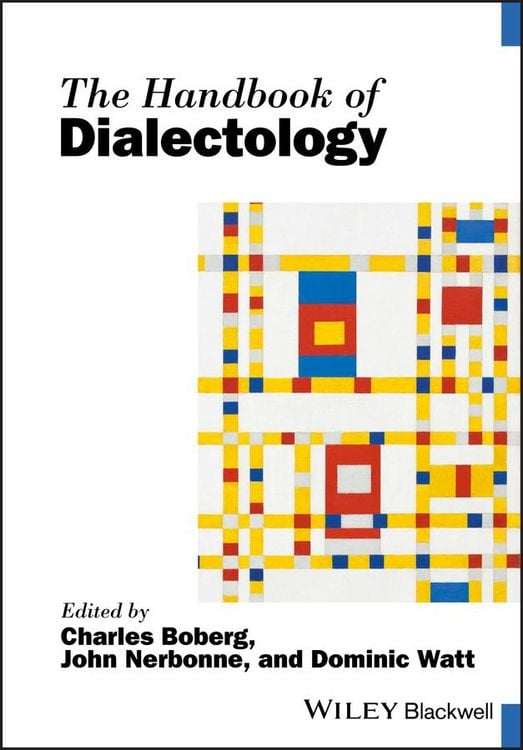
Charles (Mcgill University in Montreal, Ca Boberg
The Handbook of DialectologyBuch
247,99 €
-
The Handbook of Psycholinguistics von Eva M. (Queens College, City University Fernandez

Eva M. (Queens College, City University Fernandez
The Handbook of PsycholinguisticsBuch
246,99 €
-
The Handbook of Technology and Second Language Teaching and Learning von Carol A. (Iowa State University, Usa) Sa Chapelle
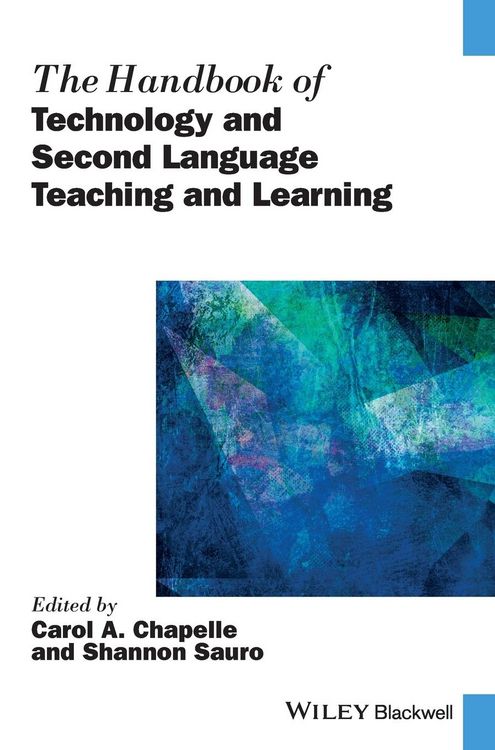
Carol A. (Iowa State University, Usa) Sa Chapelle
The Handbook of Technology and Second Language Teaching and LearningBuch
243,99 €
-
The Handbook of Translation and Cognition von John W. (Wilfrid Laurier University, Wa Schwieter
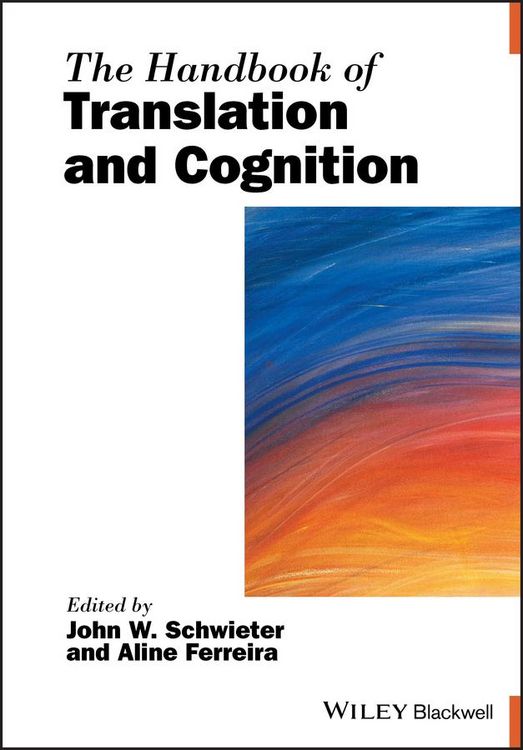
John W. (Wilfrid Laurier University, Wa Schwieter
The Handbook of Translation and CognitionBuch
61,99 €
-
The Handbook of Language and Speech Disorders von Jack S. (University of Louisiana At Lafaye Damico
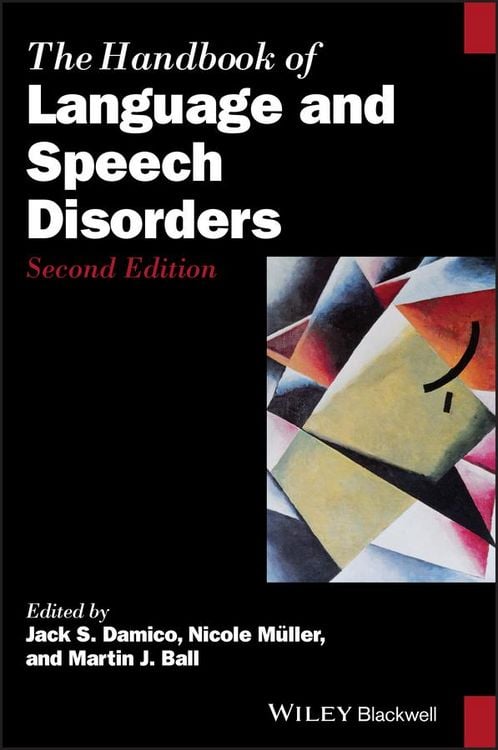
Jack S. (University of Louisiana At Lafaye Damico
The Handbook of Language and Speech DisordersBuch
206,99 €
-
The Handbook of World Englishes von Cecil L. (Indiana State University) Proshi Nelson
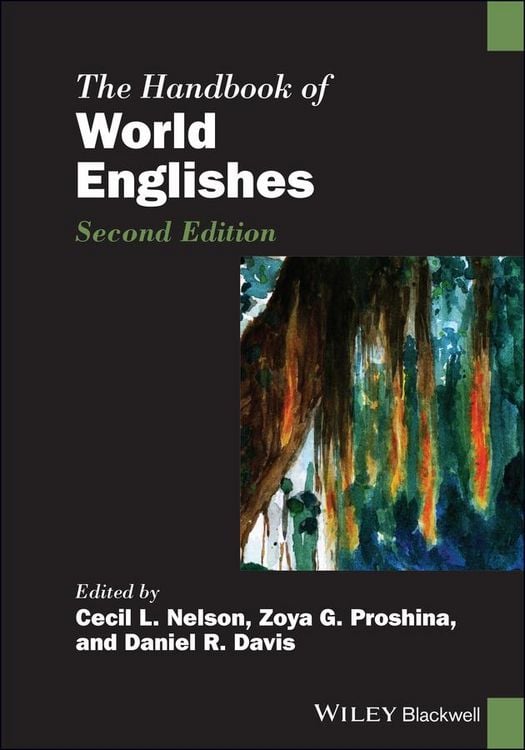
Cecil L. (Indiana State University) Proshi Nelson
The Handbook of World EnglishesBuch
234,99 €
Unsere Kundinnen und Kunden meinen
Verfassen Sie die erste Bewertung zu diesem Artikel
Helfen Sie anderen Kund*innen durch Ihre Meinung
Kurze Frage zu unserer Seite
Vielen Dank für dein Feedback
Wir nutzen dein Feedback, um unsere Produktseiten zu verbessern. Bitte habe Verständnis, dass wir dir keine Rückmeldung geben können. Falls du Kontakt mit uns aufnehmen möchtest, kannst du dich aber gerne an unseren Kund*innenservice wenden.
zum Kundenservice